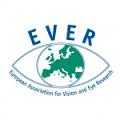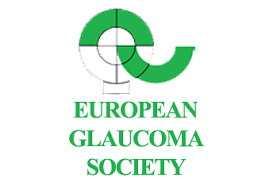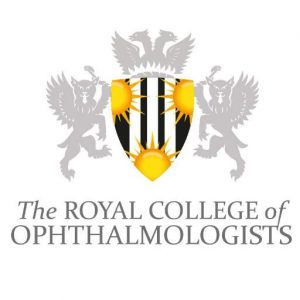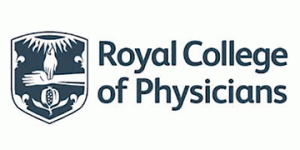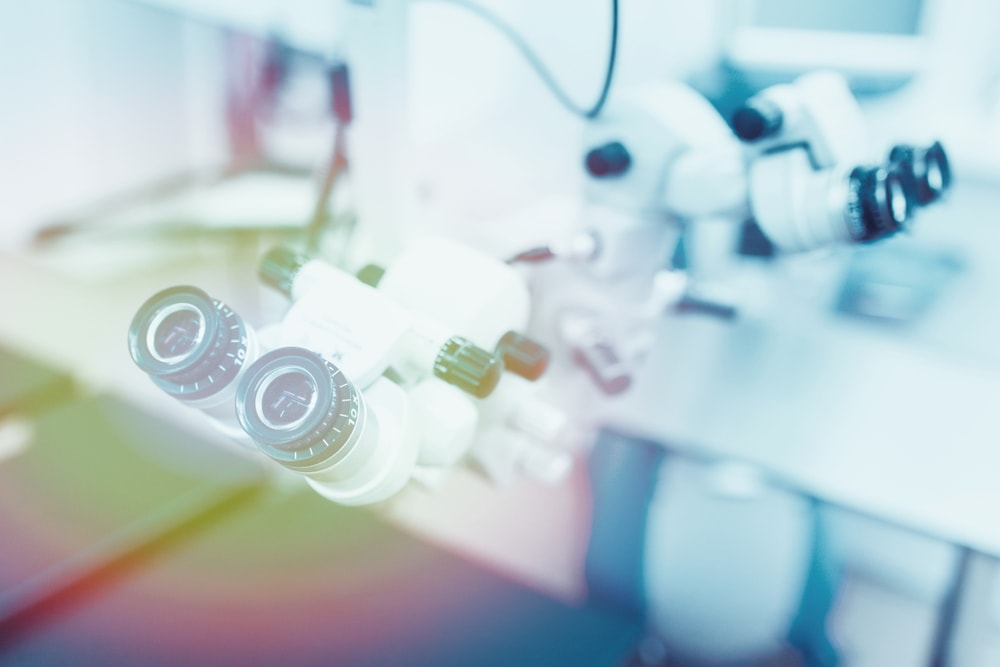Frequently Asked Cataract Questions

I had the best experience working with Dr Crawley. I felt looked after and she took the time to get to know me. I would highly recommend her.

From the moment I met her to the moment I left, I was treated with great courtesy and kindness, and everything was explained to me in layman’s terms so I could fully understand my condition. I was immensely impressed.

“Thank you very much for seeing me yesterday, you were marvellous and a pride to the NHS”

Dear Laura,
Just a quick note to say thanks for looking after my mum Mrs M. so wonderfully. It was so good of you to take so much time and care as she was very worried about my appointment and you really made such a difference to my experience. Thank you.

Dear Angela and Laura,
Thank you very much for seeing me yesterday. You were both marvellous and a pride to the NHS. You could, if you two wish, send this to your line manager. Thank you again!

Dear Laura,
Enjoy your holiday and thanks for everything so far.
Best Wishes
Accreditations and Memberships
Related articles
If you have glaucoma and need cataract surgery
A fast-track treatment for individuals with glaucoma who also need cataract surgery is a game changer because it dramatically reduces the time that patients will spend in surgery and recovery. Thanks to medical advances, both conditions can now be treated in the same operation, meaning that the recovery time for patients is exactly the same as for a single cataract operation. Laura Crawley and her colleagues at the Western Eye Hospital at Imperial College NHS Healthcare Trust were one of the first teams in the UK to offer revolutionary laser therapy and micro-stent implants to glaucoma patients.
Over 60? Take this 2 minute quiz to assess your glaucoma risk
Over 60? Take this 2 minute quiz to assess your glaucoma risk 1. When did you last have a routine eye test? All routine eye tests involve measuring the pressure inside the eye [...]
Glaucoma symptoms – 5 important warning signs you need to see a professional right away
Glaucoma in its commonest form is entirely asymptomatic and you cannot rely at all on noticing a change in vision or other eye symptoms to alert you to the possibility that you might have early disease. However, there are some important warning signs you should not ignore.



